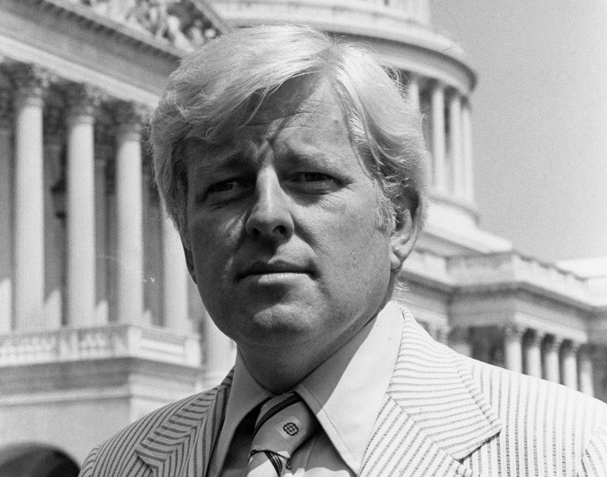
Deregulation Crusader and FCC Champion, Charles D. Ferris, Passes Away at 90
Charles D. Ferris, whose leadership in the Federal Communications Commission (FCC) saw radical changes and sparked a new era of rising competition and advancing technology, passed away at the age of 90. His legacy as the mastermind behind deregulation has left an indelible mark on the FCC, contributing significantly to its contemporary landscape.
Born in 1931 in Massachusetts, Ferris, an attorney by profession and a political enthusiast by passion, was always eager to make a difference. His law degree from Boston University laid a firm foundation for his career in public service. His tenure in the Massachusetts state’s attorney’s office was a testament to his exemplary work and dedication.
However, Ferris’ journey toward leaving his mark in American history began when former President Jimmy Carter appointed him to chair the FCC in 1977. Notable for his candid and relentless approach towards eliminating regulations that hampered technological progress, Ferris’ leadership witnessed a tectonic shift in America’s communications industry.
Despite facing backlash from traditional broadcasters, Ferris was adamant about fostering competition by encouraging the growth of cable television and other emerging forms of communication. His belief in the free-market economy and lesser regulatory interference were critical catalysts to the transformation of the telecommunications industry.
Under Ferris’ leadership, the FCC implemented a policy known as the Open Skies policy in 1979. This groundbreaking decision allowed satellite communication, which was previously limited to the government and a few companies, to become more accessible to private entities. The policy opened doors for more competitive pricing and greater technological adaptations in broadcasting, going beyond traditional means.
Ferris also championed Deregulation 1982, which significantly relieved radio broadcasters from several regulations, allowing them more freedom to choose content and giving rise to new forms of enterprising radio segments. This hands-off approach enabled a blossoming of creativity and diversity in radio content, impacting not just broadcasters but also listeners.
This period of transformation that Ferris led was not without controversy. The continuity and growth of the television industry, according to some, were put at risk due to the rapid entry of new players and technologies. However, Ferris remained resolute in his convictions, asserting that competition was the lifeblood of innovation and diversity.
Apart from his deregulation efforts, Ferris also made significant strides to defend First Amendment rights. He was particularly vocal about the necessity for broadcasters to be free from undue government influence in their content creation.
On a personal level, Ferris was
